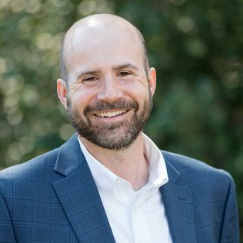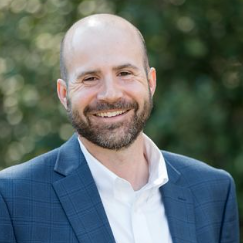
Bringing Positive Change to the Family System By Engaging and Reconnecting Caregivers with their Child
Bringing Positive Change to the Family System By Engaging and Reconnecting Caregivers with their Child
Pricing
Information
Recorded
-
-
Description
When working with children in therapy, it can be beneficial to also work with the caregiver. The involvement of caregivers in the play therapy process is an essential piece to the efficacy of the counseling process. Caregivers serve as an invaluable resource for play therapists and can greatly impact the counseling outcomes of their children. However, engaging caregivers in the play therapy process can often pose a challenge for counselors. Factors related to the caregiver’s story, including their own childhood experiences, must be taken into account when partnering with caregivers in the change process. These experiences may impact their ability to function in their role of caregiving. If left unattended, these unresolved childhood experiences may create an unhealthy caregiving style which can create unhealthy generational caregiving styles. Research suggests that parents who do not reflect on and work through their own traumatic childhood experiences tend to pass on unhealthy behaviors from the past to their children. For some children, caregivers take on the persona of joy and delighting in their child; whereas for other children, caregivers can be a source of pain or hurt. Counselors have the task to help caregivers protect the attachment relationships with their children, by attuning and repairing the caregiver-child attachment as needed. Attending to the caregiver-child attachment can change the trajectory of their child and instill resilience to navigate life. Engaging in reflective caregiving work serves as a means to help equip the caregiver to best serve their child. Moreover, we can help caregivers put on a new lens so they can see their child and the behavior in a different way. While the outcome cannot be guaranteed, the development and overall functioning of the child can be enhanced by promoting trust, connection, and safety through the caregiver-child relationship.
Educational Goal
Learning Objectives
Participants will be able to:
-
Explain how self-understanding of one’s childhood experiences impacts caregiving style.
-
Summarize the science of development and human experiences and how this impacts the emotional lives of children and adults, and adults’ relationships with their children.
-
Identify at least two exercises caregivers can utilize to deepen the relationship with their children.
Target Audience
- Addiction Professional
- Counselor
- Marriage & Family Therapist
- Psychologist
- Social Worker
Presenters
Financially Sponsored By
- The Center for Children & Families
